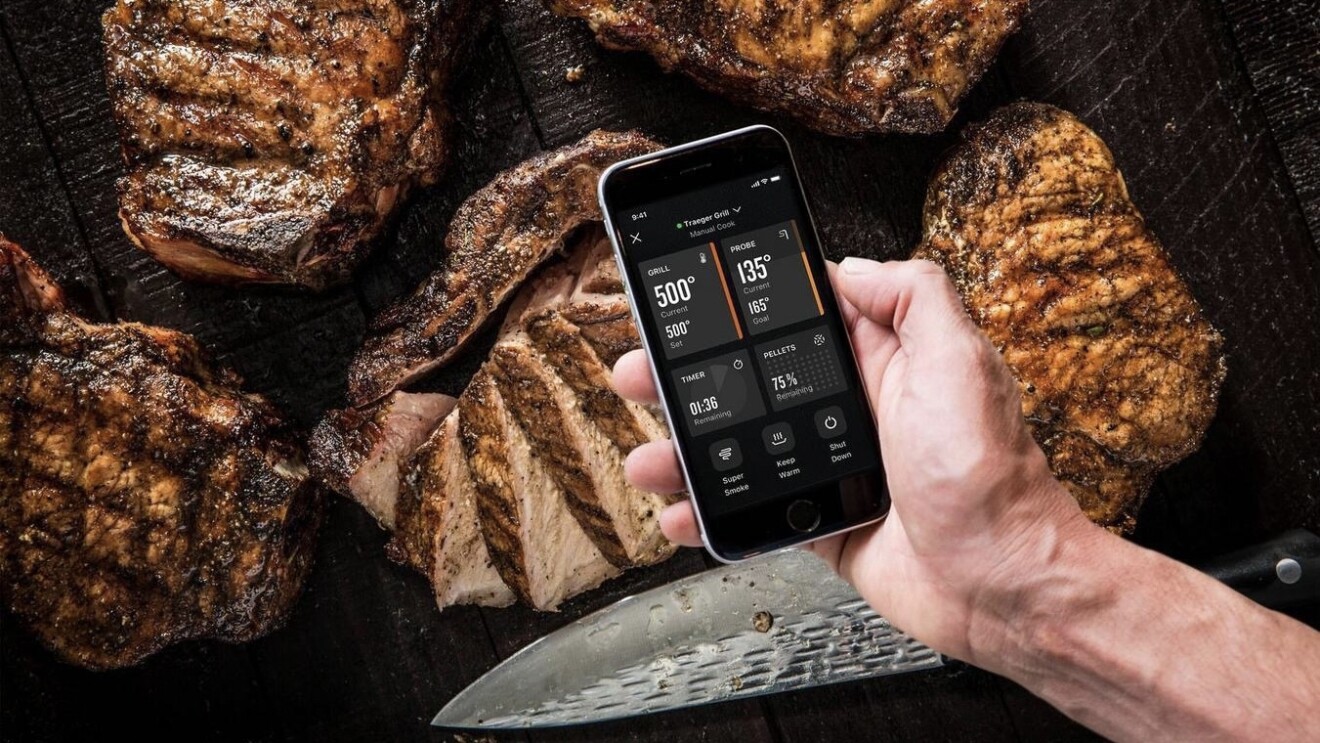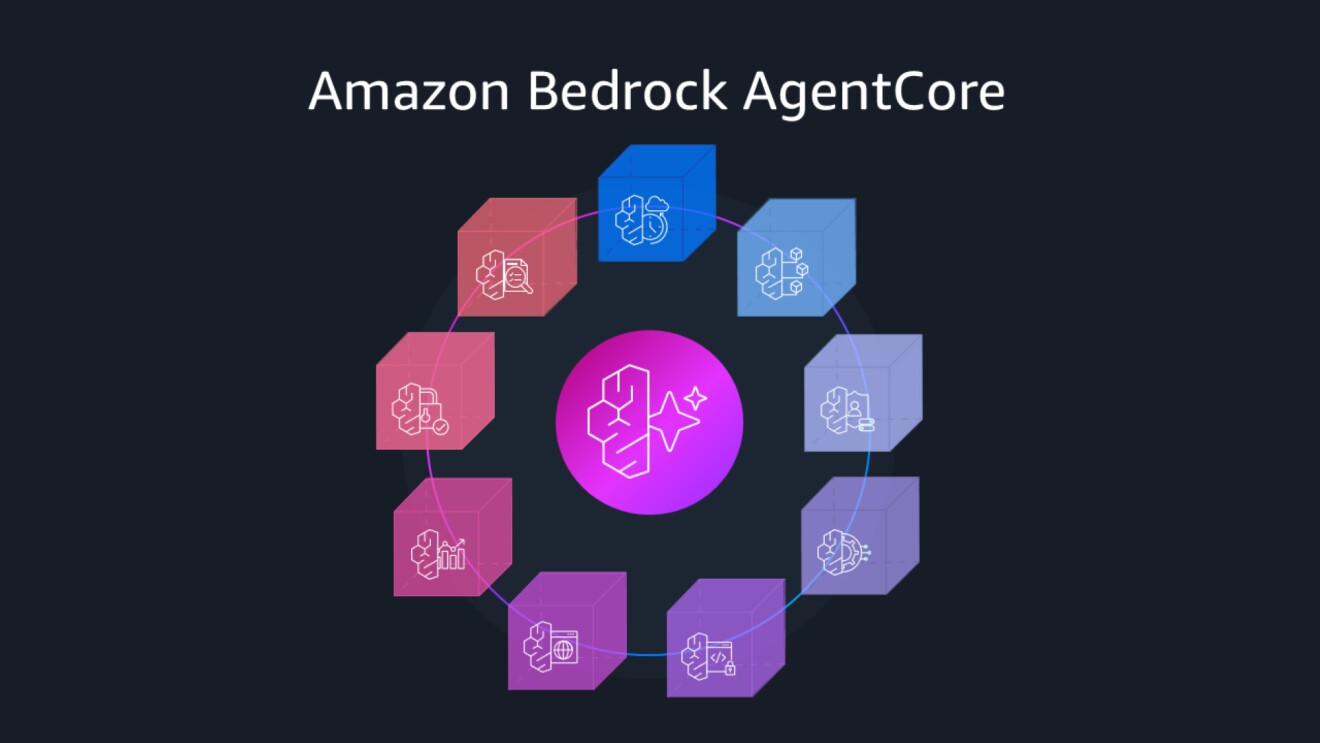Summer BBQ season is in full swing, but for the faithful, grilling is a way of life, 365 days of the year. And among yearlong grillers, none are more faithful to getting the temperature, smoke, and timing just right than those in the "Traegerhood."
If you are unfamiliar with the wood pellet grills, they are a combination of primal heat and smoke meets precision technology. Yes, these grills are like delicious Internet of Things (IoT) devices, and yes, there is an app for it. Traeger grillers are apt to cook with a smartphone in one hand and a spatula in the other, as they get a meal underway or check on a long cook.
With BBQs, the goal is edible perfection, but that can elude even the most veteran grill masters. So, when the possibility of a meal-ruining disaster emerges, Traeger’s customers switch their phone from cooking tool to cloud-powered lifeline—seeking help from the company’s pros.

When all that stands between you and eating is the right answer
For the person reaching out, what they want is simple and singular—a fix for their problem. But the Traeger tech agent on the other end faces a far more complicated decision tree to get to the right answer for each customer (and before any guests revolt). Which is where Amazon Connect, an Amazon Web Services (AWS) cloud-based customer service contact center, brings data analysis (and some grill-tuned machine learning models) to bear on the problem.
“We handle tens of thousands of contact center contacts every month, where people have questions on everything from grill care to Wi-Fi connectivity,” said Bryan Carey, who heads up operations and analytics for Salt Lake City-based Traeger. “As we have grown our customer base and diversified our product offerings, one of our biggest challenges has been organizing relevant information for our agents in real time. The technology, data, and analytics that Amazon Connect brings allows us to focus on and prioritize issues in ways that we would have found very difficult doing without it.”
In the old customer service way of sussing out a Traeger customer’s problem—and ultimately getting to an answer—there were 1,300 possible initial paths for an agent to go down, each of which went three or four levels deep, Carey said.
“Each level provides a more granular level of specificity around the issue type,” Carey said. “So, the agents spent an inordinate amount of time trying to pick the right disposition, or path, that was accurate for the conversation.”
In other words, could an agent quickly understand the problem and find a fix? Half the time, Carey said, agents picked the wrong path.
Meanwhile, dinner is not on the table.
With Amazon Connect, Traeger agents use data to keep dinner hopes alive. With features like Amazon Connect Wisdom, a repository for all the information an agent might need to access, as well as Customer Profiles, and Contact Lens, agents quickly receive a customer’s profile that shows key data, such as the customer’s identity, contact history, purchase history, and grill type. Next, using those grilling-tuned machine learning models mentioned earlier, instead of facing 1,300 paths, Amazon Connect detects the problem automatically for agents.
“We are upwards of 95% accurate in determining all of our contact reasons now,” Carey said. “It’s something we couldn’t have imagined a year or two ago.”
As Traeger Grills has grown, another big challenge has been organizing relevant information for agents in real time. Traeger wants to make it easier for agents to find information—so when a customer asks a question, an agent has the answer at their fingertips.
Cooking help in a hurry
“Integrating Amazon Connect Wisdom into our contact center has enabled our agents to focus on delivering premiere customer experiences instead of leaving customers on the line as they’re spending time navigating complex systems FAQs or product information,” said Carey
So far, agents with the latest agent capabilities from Amazon Connect have seen an increase in customer satisfaction and first contact resolution of roughly 15%. They have also decreased their call handle times by roughly 15%.
All of which matters for only one reason, keeping Traeger’s customers happy.
“We want to get customer questions or issues resolved as quickly as possible, and as much as it is an interesting data problem to solve, what our customers want is help,” Carey said. “The faster we bring resolution to customer issues—whether it's a question about buying a grill, troubleshooting a mechanical issue, or conversing about which recipes are the best for ribs or chicken—the faster the customer can get back to enjoying a meal with friends, family, and loved ones. That is really what we're trying to drive at.”
Let’s eat.










